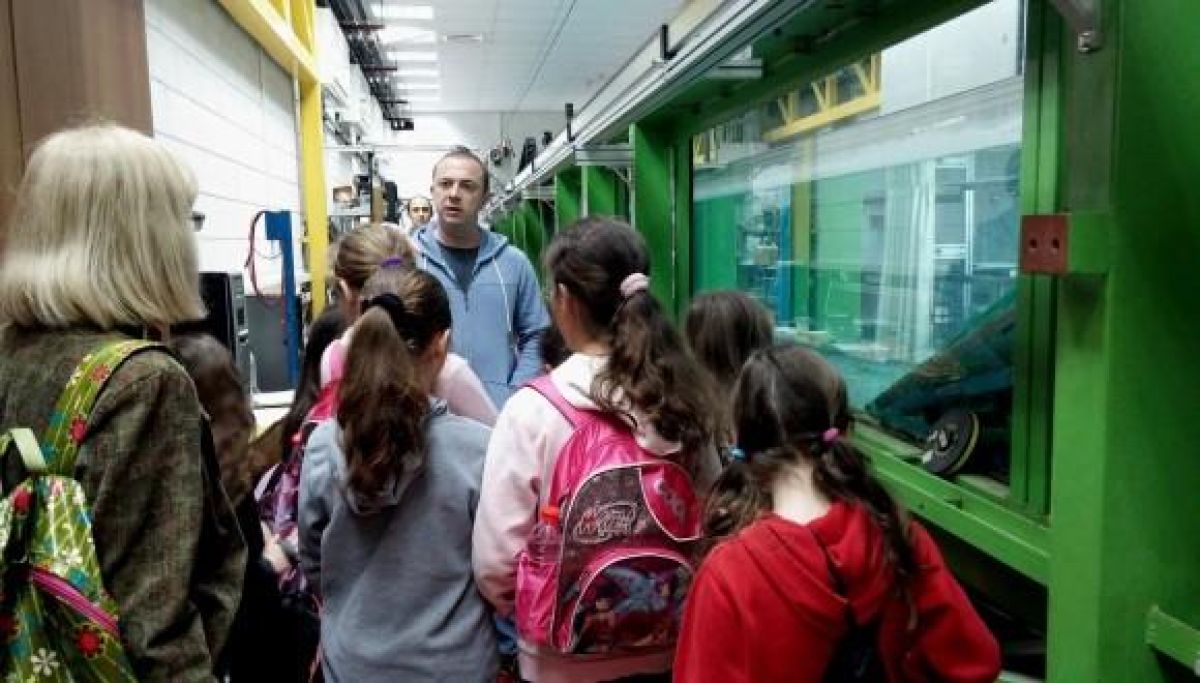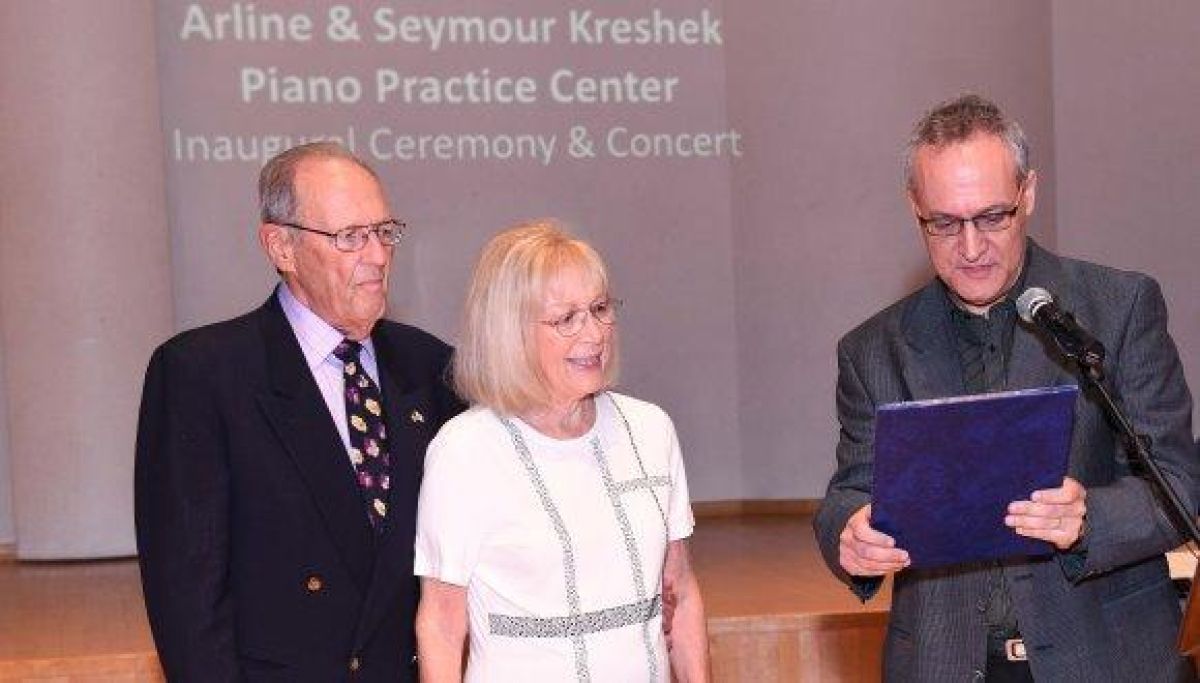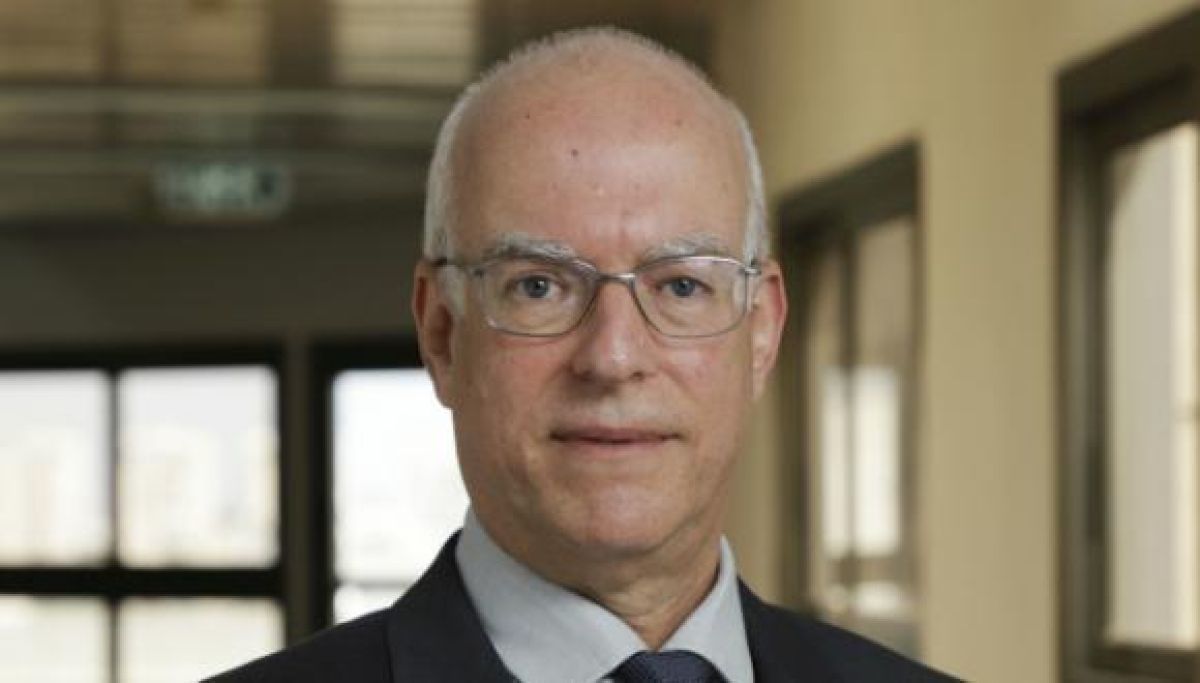On June 23-27, more than 8,000 cybersecurity professionals, policymakers, entrepreneurs, investors and academics from around the world will attend the 9th Annual International Cybersecurity Conference held at Tel Aviv University, organized by TAU’s Blavatnik Interdisciplinary Cyber Researc Center together with the Israeli National Cyber Bureau and Israel’s Ministry of Foreign Affairs.
The guests from more than 60 countries will participate in dozens of seminars, workshops, competitions and roundtable discussions addressing the cybersecurity threats facing the international community, cybersecurity cooperation at the government level and the latest advances in cyber technology.
“From a modest, one-day meeting nine years ago, Cyber Week has evolved into a mega event with more than 50 sessions and participants from 60-plus countries,” says TAU President Prof. Ariel Porat. “This growth reflects the vital importance of bringing together the best minds from around the world — and from a variety of disciplines — to work on cyber issues together. In this same vein, Tel Aviv University is currently conducting joint research projects in the cyber field with a number of international partners, in the U.S., Germany, India, Italy and Singapore.”
“Israel is the global center of innovation and of cyber security,” adds Gili Drob Heistein, Managing Director of the Blavatnik ICRC and Yuval Ne’eman Workshop for Science, Technology and Security. “Israel, in general, and Tel Aviv University, specifically, were among the first to recognize that in order to deal with cyber threats, we would need to initiate governmental, academic, corporate and international collaborations.”
“Cyber Week brings together top cyber allies in the military, multinational corporations, think tanks and more to address growing cyber threats around the world.”
Over the past eight years, Cyber Week has become the must-attend event for the world’s top cybersecurity experts, drawing the best and the brightest in the field. The largest and most anticipated event of Cyber Week is the Main Plenary, slated to take place Tuesday, June 25. The Main Plenary features government officials and industry leaders discussing the crucial cyber dilemmas and issues facing every company, city and country in the world today. Israeli Prime Minister Benjamin Netanyahu will be the keynote speaker.
Other sessions will address women in cyber; the role of artificial intelligence in cyber; how to protect our critical infrastructures from cyberattacks; the threat of fraudcom; the Internet of Things; and privacy issues.
Featured guest speakers at the 2019 conference include Washington D.C. Mayor Muriel E. Bowser; former director of the NSA and former head of the U.S. Cyber Command Mike Rogers; Director of the Cybersecurity and Infrastructure Security Agency Christopher C. Krebs; former Senator Joseph Lieberman; Director of the National Cybersecurity and Communications Integration Center John Felker; and other leading policymakers, military officials and academic experts in the field of cyber security.
“In the last few years, cyber security has witnessed a renaissance in machine learning (ML) and artificial intelligence (AI),” concludes Maj. Gen. (Ret.) Prof. Isaac Ben-Israel, Cyber Week Conference Chairman and Director of Blavatnik ICRC. “Cyber security is a promising area for AI/ML, because if a machine has access to everything you consider detrimental, you can train it to find new malware and anomalies when they surface. Israel is home to the best minds and capabilities in AI, ML and cyber security.
“While cyber problems usually have technological solutions, the problems are never purely technological. The ICRC at TAU takes advantage of the multidisciplinary character of TAU to enhance cyber research.”
To learn more about the conference, visit the Cyber Week web site at https://cyberweek.tau.ac.il/2019/.






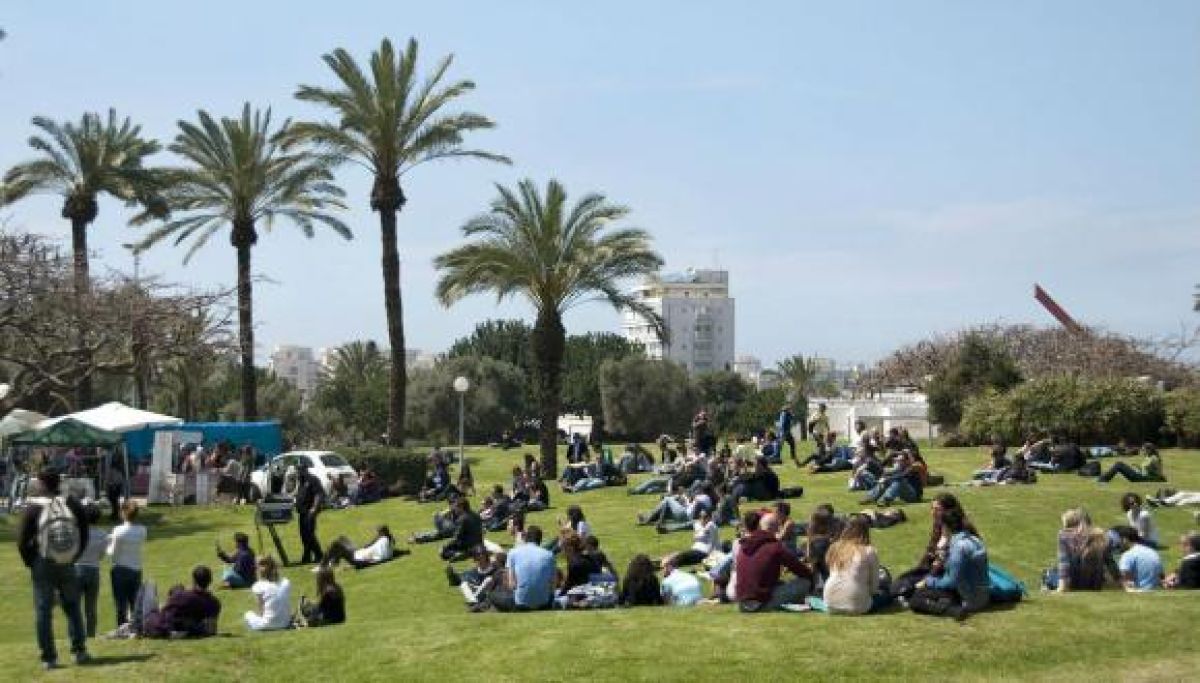
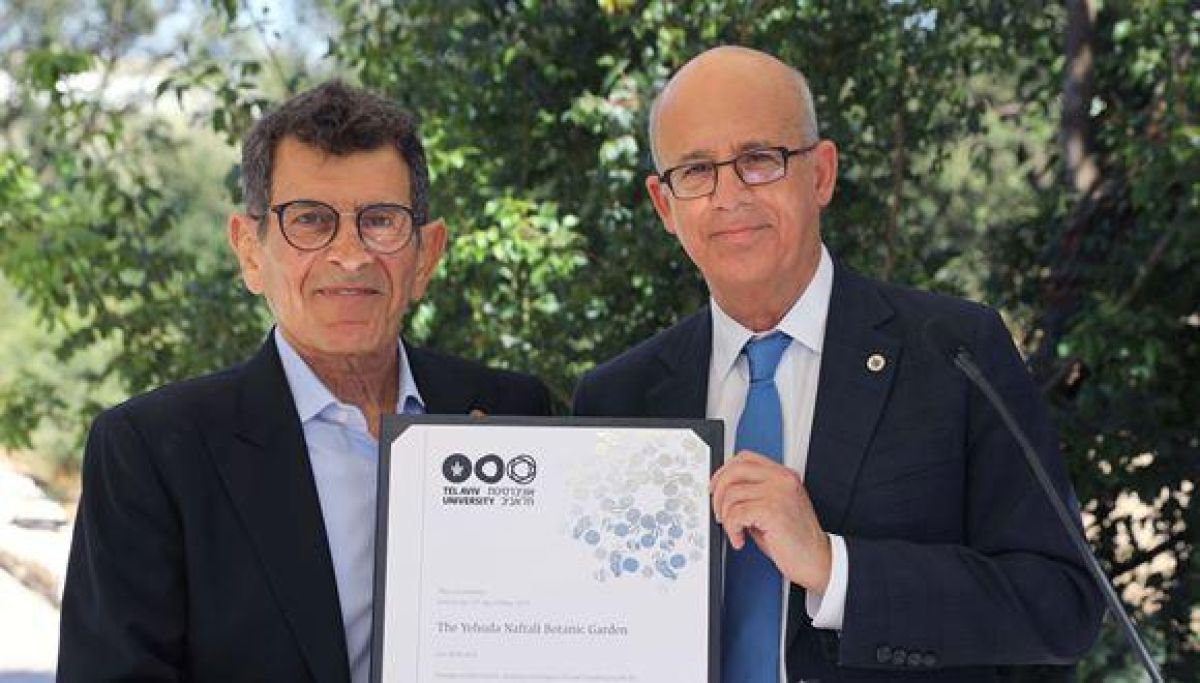
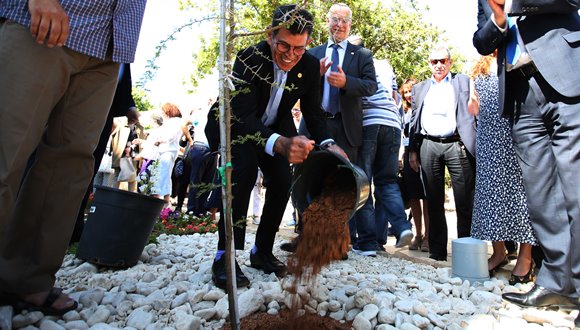 Yehuda Naftali planting a tree at the inauguration ceremony
Yehuda Naftali planting a tree at the inauguration ceremony